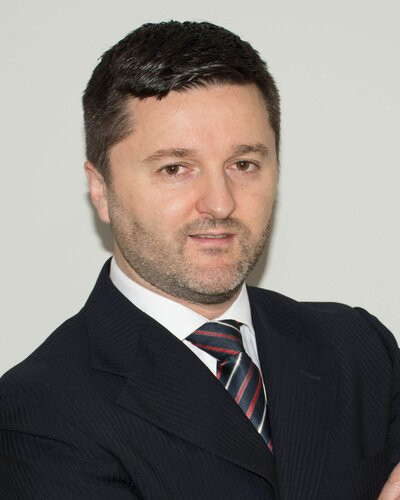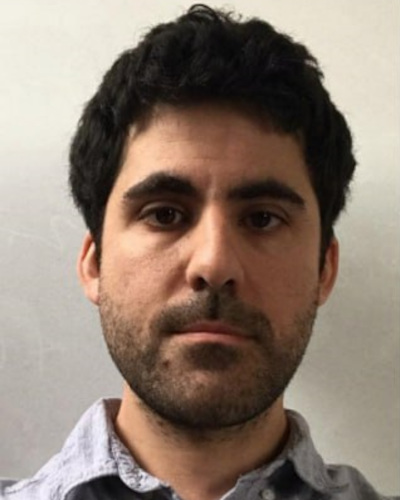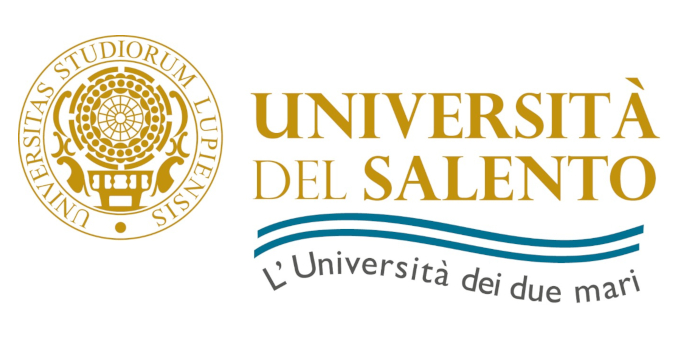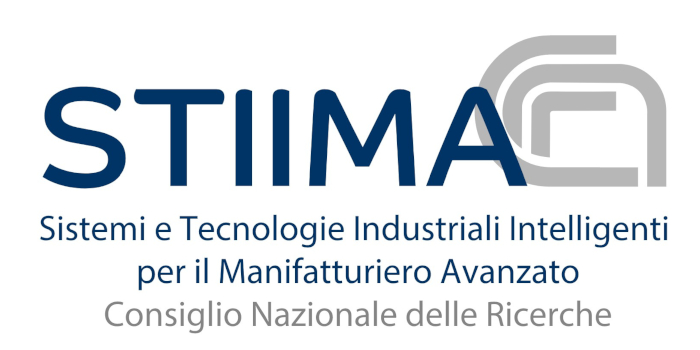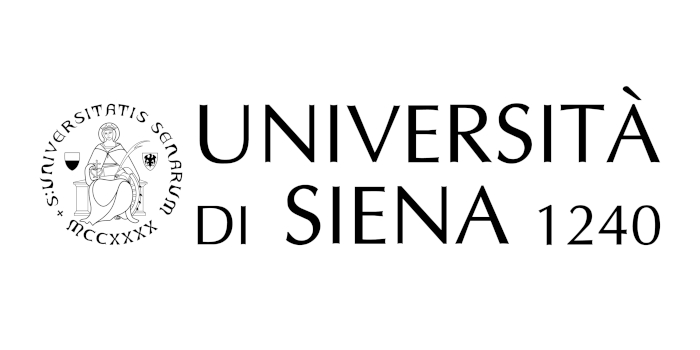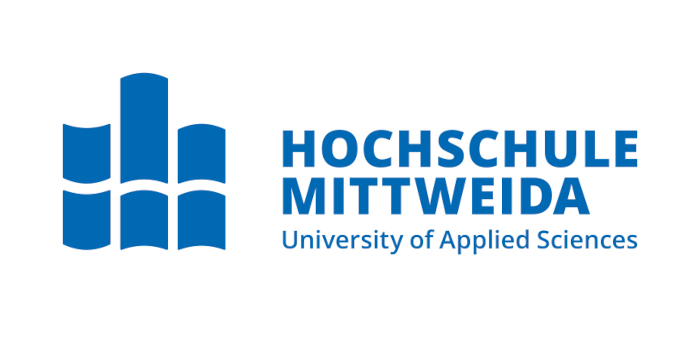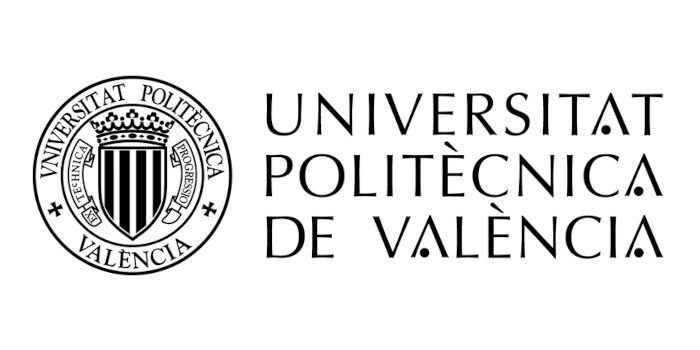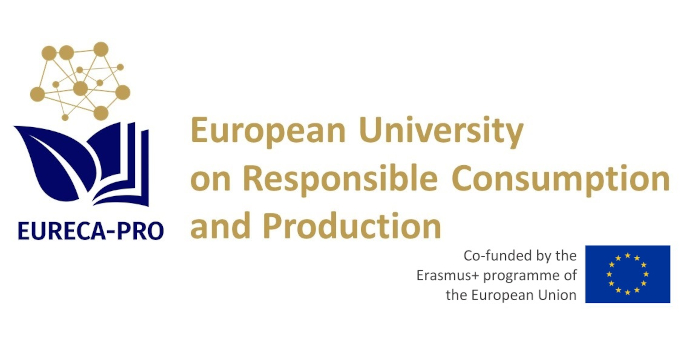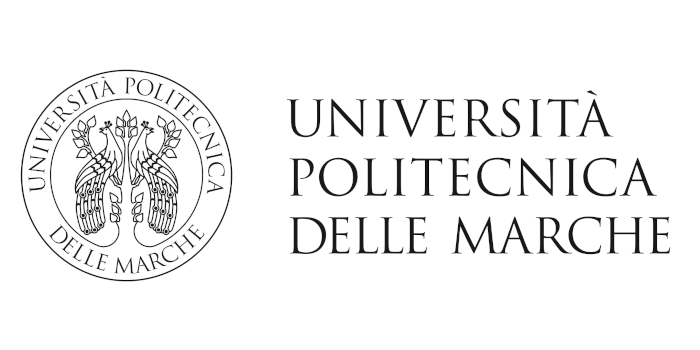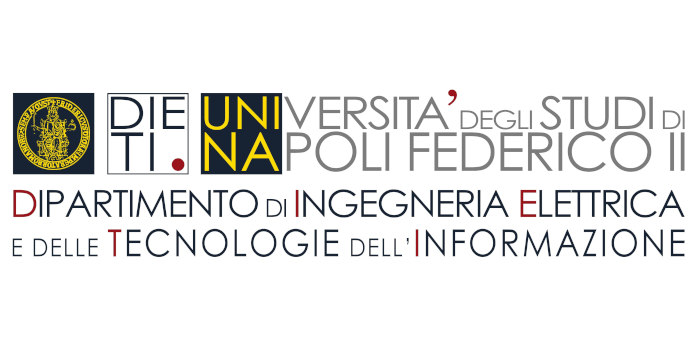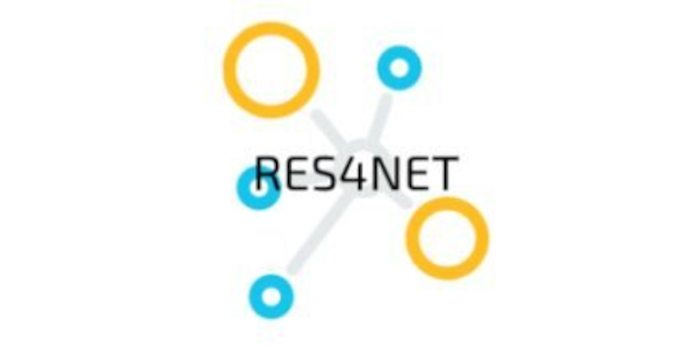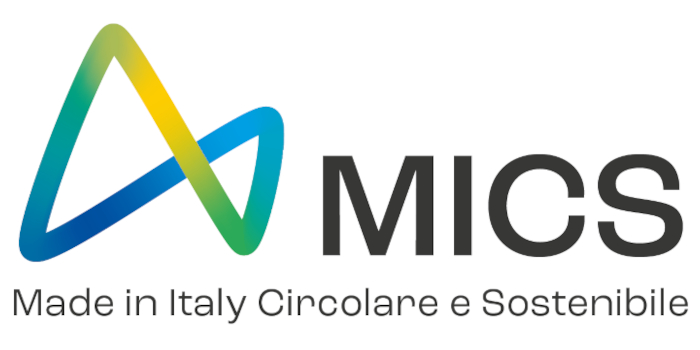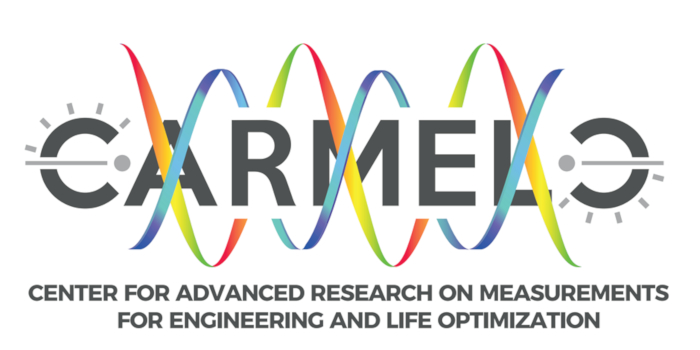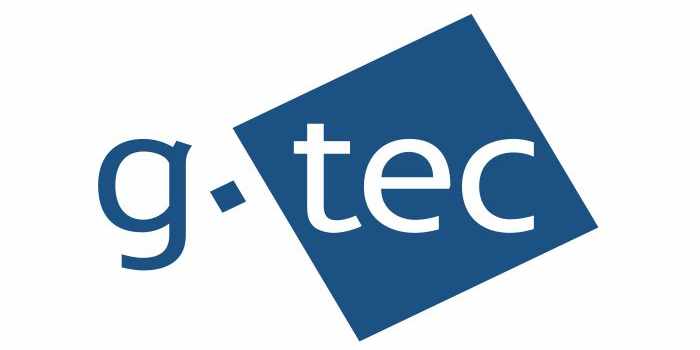SPECIAL SESSION #3
Data-driven and Artificial Intelligence Perspectives in Battery Characterization Systems
ORGANIZED BY
Christian Laurano
Politecnico di Milano, Italy
Marco Faifer
Politecnico di Milano, Italy
Loris Cannelli
Dalle Molle Institute for Artificial Intelligence, Switzerland
ABSTRACT
Nowadays, energy storage systems play an increasingly strategic role in different applications, such as stationary, mobile, and Industry 4.0 operations.
On one hand, battery performance improvement and price reduction are crucial targets for the decarbonization challenge, which is considered one of the strategic targets of the massive use of electric vehicles (EVs). On the other hand, the modeling of the existing devices and the estimation of their State of Charge (SoC) and State of Health (SoH) are still open topics; in particular, when Lithium-ion (Li-ion) batteries are considered. In fact, these kind of batteries are widely used thanks to their modularity, high energy density and durability: in particular, their flexibility lead their usage in different products sizes, running from small applications (such as health devices, smartphone, tablet, …) to massive applications (such as electric transportation, grid stability, energy storage, …). Starting from these considerations, the modeling of batteries and the estimation of their parameters becomes a fundamental challenge.
Due to the hard physical modeling, new data-driven methods and the use of Artificial Intelligence methods could be helpful in computing relevant battery parameters and predicting the remaining useful life, which is mandatory to effectively operate Battery Management Systems (BMS) and ensure reliability, operational safety, and optimal battery capacity utilization.
TOPICS
Topics of interest for this Special Session include but are not limited to:
- Carbon footprint;
- Tests and measurements strategy for batteries modeling and characterization;
- Machine learning and Data-Driven techniques for batteries parameters estimation;
- State of health prediction techniques;
- State of charge prediction techniques;
- Bayesian method for system-level reliability;
- Functional safety for the BMS and battery packs;
- Energy storage systems integration and management;
- Battery management strategies for EVs.
ABOUT THE ORGANIZERS
Christian Laurano was born in Lodi, Italy in 1990. He received the M.Sc. and Ph.D. degrees (cum laude) in electrical engineering from the Politecnico di Milano, Milan, Italy, in 2014 and 2018, respectively. From 2018 to 2020, he was a Post-Doctoral Researcher with the Politecnico di Milano. From 2020 to 2021, he was with the Measurement and Diagnostic Group, Transmission and Distribution Technology Department, RSE SpA. He is currently an Assistant Professor with the Dipartimento di Elettronica, Informazione e Bioingegneria, Politecnico di Milano. His main research interests include innovative methods to model and characterize electrical transducers, diagnostic techniques devoted to electrical grid components, and power quality monitoring.
Marco Faifer was born in Bormio, Italy, in 1978. He received the Laurea degree in electronic engineering and the Ph.D. degree in electrical engineering from the Politecnico di Milano, Milan, Italy, in 2003 and 2009, respectively. He is currently an Associate Professor with the Dipartimento di Elettronica, Informazione e Bioingegneria, Politecnico di Milano. His scientific activity is mainly concerned with DSP techniques and the development of industrial sensors and devices for high-voltage measurements. Moreover, he develops measurement algorithms for the characterization of electrical components and materials. He also works in the field of diagnostics for electrical devices.
Loris Cannelli received his B.S. in Electrical and Telecommunication Engineering from the University of Perugia, Italy, his M.S. in Electrical Engineering from the State University of New York at Buffalo, NY, and his Ph.D. in Industrial Engineering from the Purdue University, West Lafayette, IN, USA. Since 2019, he has been a researcher at IDSIA/SUPSI in Lugano, Switzerland, and his main interests revolve around applying machine learning and artificial intelligence techniques to multi-agent optimization problems.



